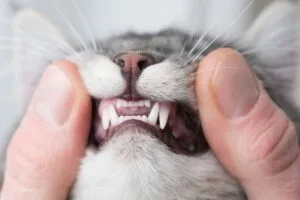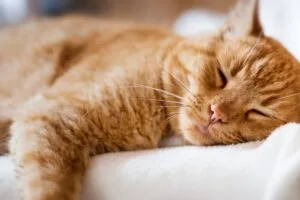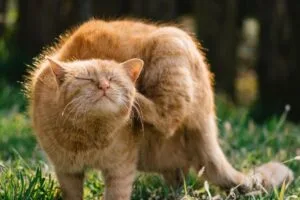When Your Cat Eats Frogs – What To Do Next?
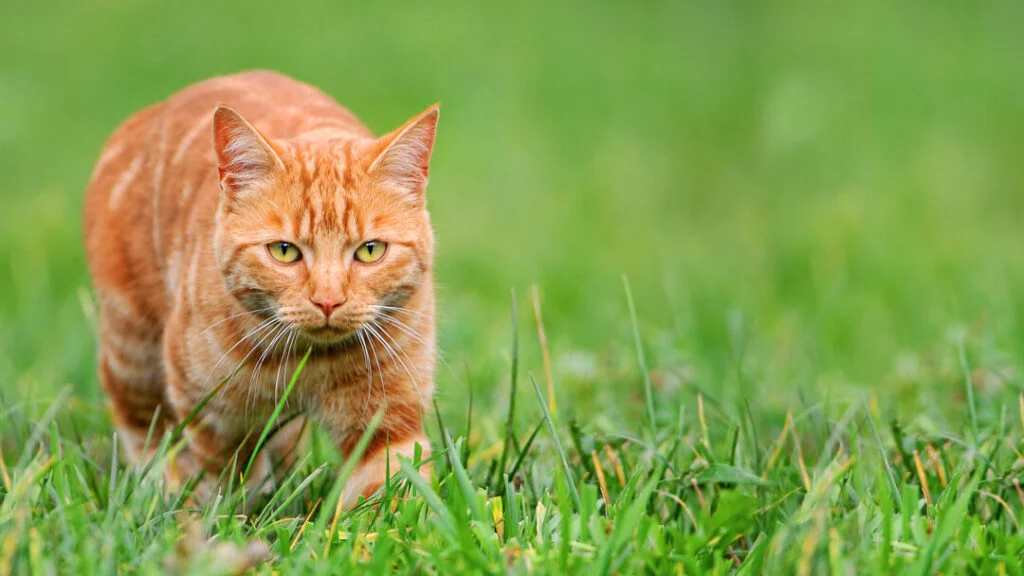
Worried that your cat has eaten frogs? Here’s what to do next!
The instinct of cats is to chase and consume anything that moves and creates noise in the garden, which they even do when kept indoors by watching birds for extended periods. Their hunting and capturing abilities are sharpened outdoors as they catch any slow-moving prey. While cats’ eating habits may not align with our preferences, they have evolved over generations as predators, with prey forming their natural diet regardless of how repulsive it may appear.
What to Do When Your Cat Eats Frogs?
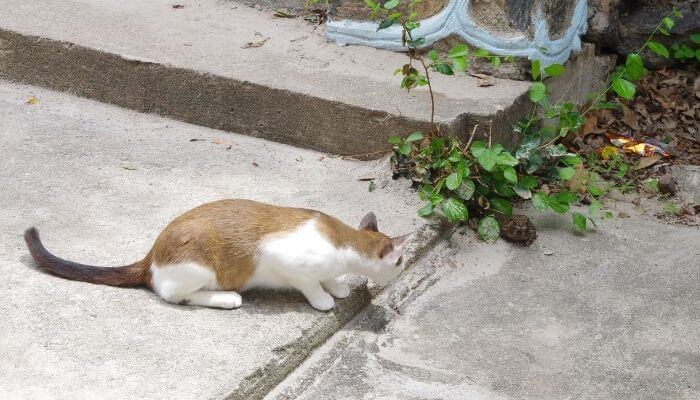
So you may have realized that your cat ate a frog. The first thought you may have in your head is to…..PANIC! However, that’s the last thing you should be doing. As odd as it may sound, Cats are known to eat frogs every now and then. Therefore, there shouldn’t be too great a cause for concern if the frog was not toxic.
However, before we can ascertain whether or not the frog was toxic or what implications this may have on your pet’s diet, start off by following these steps to gain control of the situation and start rectifying the damage already caused:
- Stay Calm and Assess the Situation: As alarming as it may be, try to remain composed. Assess whether your cat has consumed a whole frog or just part of it. Look for any signs of distress or discomfort in your cat.
- Remove Any Remaining Frog Parts: If there are any remnants of the frog in your cat’s mouth or nearby, carefully remove them to prevent further ingestion. Be cautious to avoid being bitten or scratched if your cat is distressed.
- Offer Water: Provide your cat with fresh water to drink. This can help flush out any toxins and prevent dehydration, especially if your cat has been vomiting due to ingesting a frog.
- Observe for Symptoms: Keep a close eye on your cat for any signs of illness or poisoning. Symptoms may include drooling, vomiting, diarrhea, lethargy, difficulty breathing, or seizures. If you notice any of these signs, it’s essential to seek veterinary attention immediately.
Once you have taken all these steps, it’s crucial to remain vigilant and monitor your cat closely for any worsening symptoms or changes in their condition. If you notice that your cat’s health deteriorates or if new symptoms emerge, don’t hesitate to contact your veterinarian immediately.
Potential Health Risks
While cats may be able to eat frogs without issue in the wild, it can lead to illness or death in pet cats. Frogs can carry viral or bacterial diseases, and toads are poisonous and deadly to cats. Sudden changes in diet, such as consuming frogs, can cause digestive issues and vomiting.
Some tree frog species are highly poisonous. Therefore, it’s important to seek veterinary care if a cat interacts with or eats any frogs. Describing the frog or bringing a specimen to the vet can aid in treatment. The toxins in some frogs can cause vomiting, diarrhea, and even death in severe cases.
Living in Harmony: Keeping Your Cats from Hunting Frogs
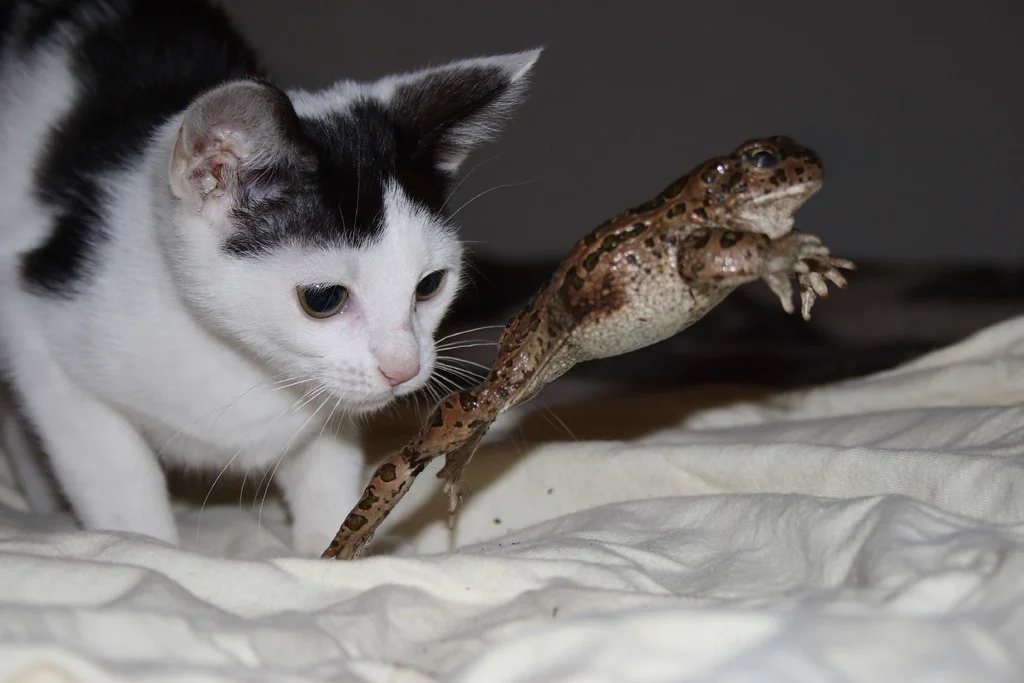
Cats are natural predators to frogs and may attack them to eat if they are starving, or for play if well-fed. However, if you want to prevent your cat from eating frogs, you can take some simple steps to manage their hunting instincts.
Firstly, you need to determine if the cat is well-fed or starving. If the cat is well-fed, hunting frogs may be a natural part of their “hunt, catch and kill” instincts. To prevent this behavior, you can play with your cat and tire them out before the time when they usually hunt. After playtime, feed your cat to satisfy their hunger and reduce their instinctual drive to hunt. By following these steps, your cat will be tired, fed, and less likely to attack the frogs.
Protecting Frogs: Prevention and Treatment
While it may be easy to focus on the potential risks for your cats, the risks are far worse for the frogs overall. If cats attack frogs, even playfully, they rarely survive. If you want to protect the frogs, you can try to keep your cats indoors when the frogs are active. You can also take steps to prevent frogs from being exposed to potential hazards, such as poisonous plants or chemicals.
If you suspect that your cat has eaten a frog, it’s important to take them to the vet immediately. The vet will perform a physical examination and may run blood tests to determine if your cat has been exposed to any toxins. If the vet determines that your cat has been exposed to toxins, they may administer medication to treat the symptoms. Treatment may also include IV fluids to help flush the toxins out of your cat’s system.
Conclusion
In summary, cats and frogs can live in harmony on your property. By understanding your cat’s behavior and taking preventative measures, you can reduce the likelihood of them hunting frogs. Additionally, you can take steps to protect the frogs and provide a safe environment for all creatures.
